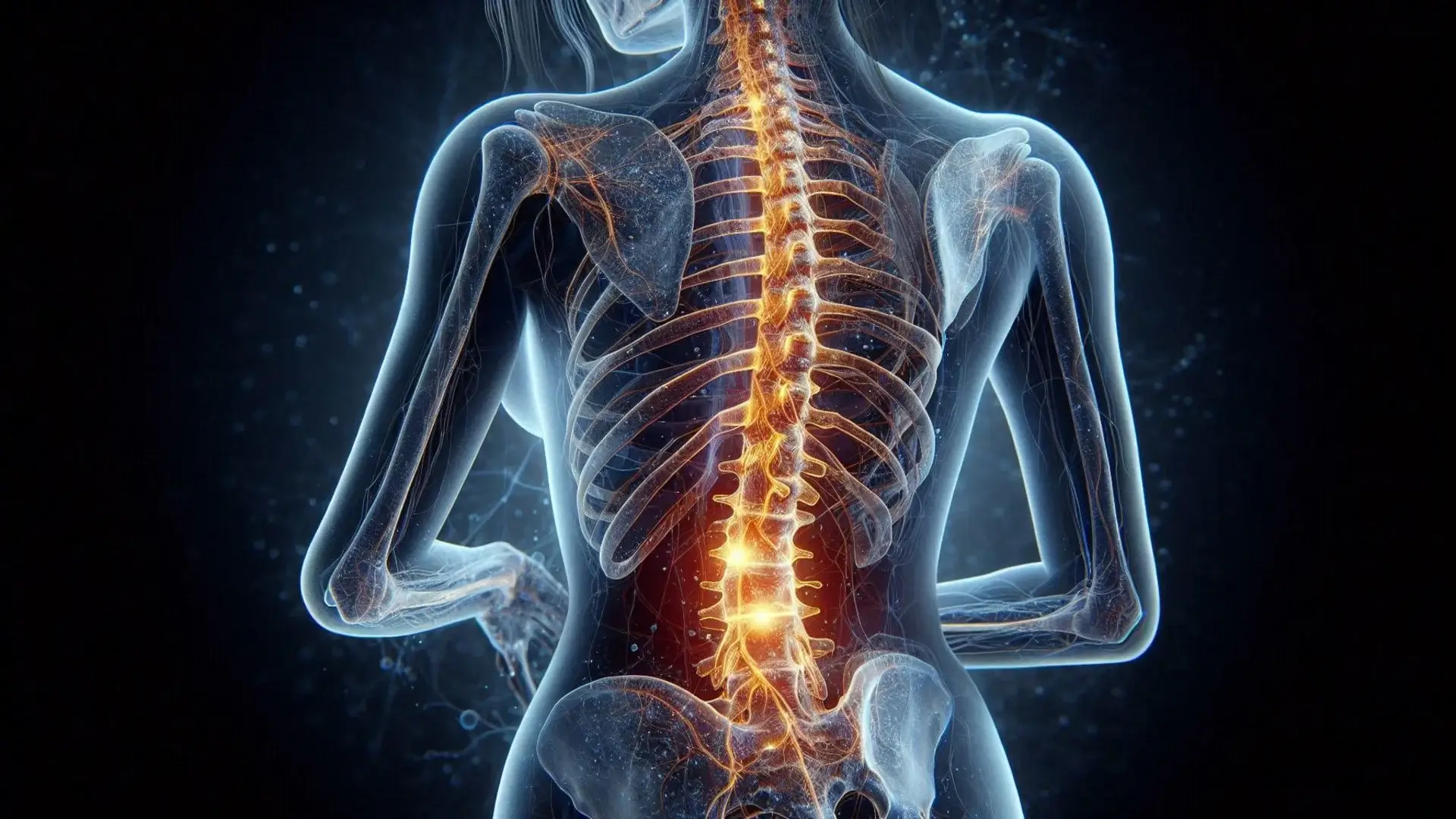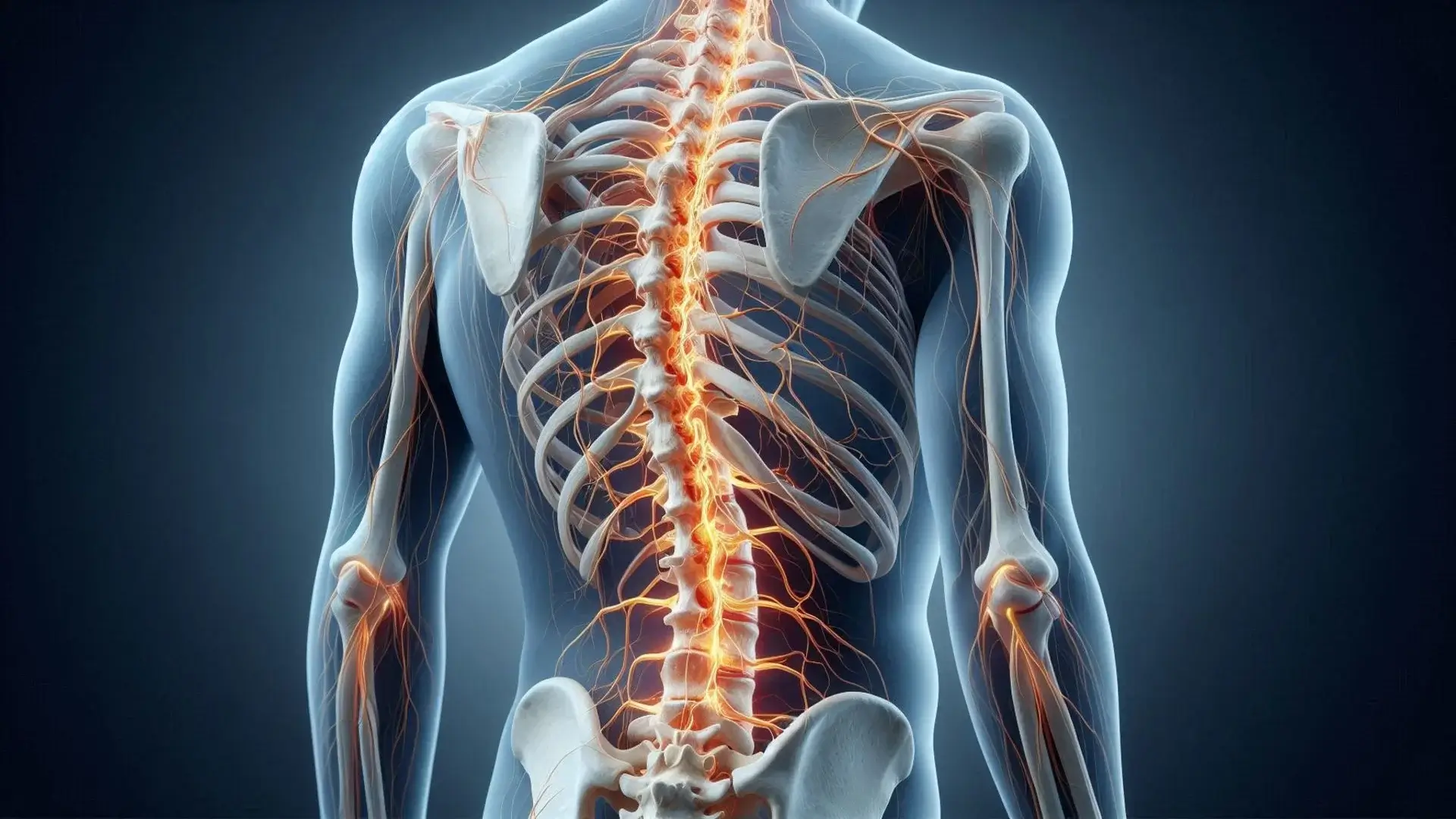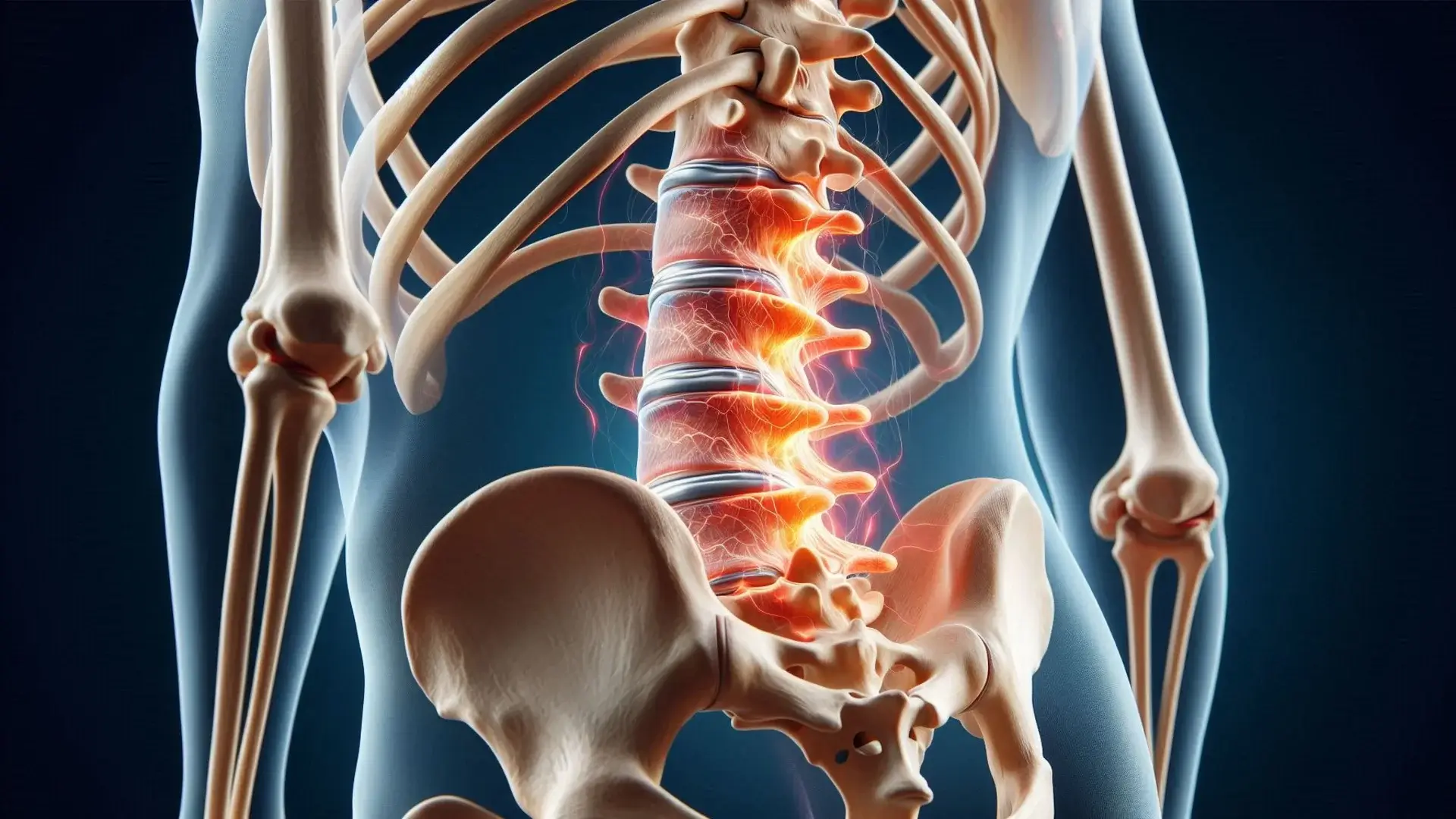
How Physiotherapy Eases Herniated Disc Pain and Improves Function
Imagine waking up without that nagging back pain that’s been slowing you down. Herniated discs can be a major setback, but physiotherapy offers a beacon of hope. This treatment, guided by professionals like registered physiotherapists, certified athletic therapists, and registered massage therapists, isn’t just about temporary relief; it’s about creating a sustainable path to recovery.
At Push Pounds, where expertise meets personalized care, the focus is on you—whatever your age or profession. With a team that holds advanced certifications, including Strength and Conditioning Specialists from the NSCA, and a collaborative approach with sports medicine doctors and surgeons, the goal is clear: to get you back to your best self.
Whether you’re a weekend warrior or a professional athlete, understanding how physiotherapy can help your herniated disc is the first step towards reclaiming your life. Let’s explore how targeted therapy and expert care can make a difference for you.
Understanding Herniated Discs
In the realm of spinal conditions, herniated discs stand out as a common yet complex issue that can significantly impact your life. Following the comprehensive overview of the role of physiotherapy in treating herniated discs, this section will delve deeper into what herniated discs are and the common causes and symptoms associated with them.
What Is a Herniated Disc?
A herniated disc occurs when the soft, jelly-like center of a spinal disc pushes through a tear in the tougher exterior. This condition, also known as a slipped or ruptured disc, most frequently affects the lumbar spine (lower back) but can also occur in the cervical spine (neck). The disc protrusion can irritate nearby nerves and result in pain, numbness, or weakness in an arm or leg, depending on the location of the herniation.
Causes and Symptoms
The primary causes of herniated discs include age-related wear and tear, known as disc degeneration. As you age, your spinal discs lose some of their water content, making them less flexible and more prone to tearing or rupturing with even a minor strain or twist. Factors like genetics, occupation, and lifestyle choices such as smoking or engaging in physically demanding activities also contribute to the risk of developing a herniated disc.
Symptoms of herniated discs vary depending on the location of the herniation and whether the disc is pressing on a nerve. They typically include:
- Pain and numbness, most commonly on one side of the body
- Pain that extends to your arms or legs
- Pain that worsens at night or with certain movements
- Pain that worsens after sitting or standing
- Muscle weakness
- Tingling, aching, or burning sensations in the affected area
Understanding these factors can help you recognize the potential severity of this condition and the importance of seeking professional help, such as physiotherapy, to manage the symptoms and improve function.

Role of Physiotherapy in Treating Herniated Discs
Physiotherapy plays a crucial role in the management and rehabilitation of herniated discs, offering a non-surgical approach to pain relief and functional improvement. After understanding the causes and symptoms, physiotherapy tailors treatment plans that address both the physical and lifestyle factors contributing to your condition.
Initial Assessment and Diagnosis
The first step in your physiotherapy journey involves a thorough initial assessment and diagnosis. During this stage, a physiotherapist conducts a detailed examination, including a review of your medical history, a physical examination, and potentially, diagnostic imaging tests such as MRI or X-rays. This detailed appraisal helps identify the specific nature and severity of your herniated disc. The assessment also allows for the creation of a personalized physiotherapy plan, ensuring that the treatment is aligned with your unique health needs. Effective diagnosis serves as the cornerstone for targeted therapy, which is essential for successful recovery.
Common Physiotherapy Techniques Used
Physiotherapists employ a range of techniques tailored to alleviate the pain and promote healing in patients with herniated discs. Some common methods include:
- Manual Therapy: Techniques such as massage, mobilization, and manipulation help reduce pain, improve movement, and encourage better alignment and function of the spine.
- Exercise Therapy: Customized exercises strengthen the muscles supporting the spine, increase flexibility, and enhance posture. Examples include stretching exercises for the back and neck and core-strengthening workouts.
- Traction: This technique involves gently stretching the spine to reduce pressure on the affected discs, which can help relieve pain and improve mobility.
- Heat and Cold Therapy: Applying heat can help relax and loosen tight muscles, while cold therapy can reduce inflammation and numb deep pain.
By incorporating these techniques into your treatment plan, physiotherapy facilitates effective management of herniated disc symptoms, significantly enhancing your quality of life. Through regular sessions and compliance with prescribed exercises, patients often experience substantial improvements in spinal stability and pain reduction.
Benefits of Physiotherapy for Herniated Disc
Physiotherapy offers a targeted approach to treat herniated discs, focusing on reducing symptoms and enhancing your body’s natural healing process. Through expert guidance and tailored treatment plans, physiotherapy aids in alleviating pain, restoring function, and preventing future injuries.
Pain Management
Physiotherapy serves as a cornerstone for managing pain associated with herniated discs. Techniques such as manual therapy help mobilize the spine, which may alleviate pain by releasing tension and promoting better blood flow. Therapists might also use methods like ultrasound or electrical stimulation to target pain areas directly, providing relief. Over time, these interventions help reduce the reliance on pain medication and allow more natural movement patterns to form, mitigating discomfort effectively.
Improving Mobility and Strength
A herniated disc can severely restrict mobility due to pain and muscle weakness. Physiotherapy tackles these issues head-on by introducing specific exercises that stretch and strengthen the muscles supporting your spine. These exercises gradually restore your range of motion and build the strength needed to maintain spinal health. Furthermore, physiotherapists tailor exercise programs to your needs, ensuring that each movement contributes positively toward your recovery and overall spinal stability.
Preventing Further Disc Injuries
Preventative care is a critical component of physiotherapy for herniated discs. By educating you on proper body mechanics and posture, therapists help minimize the risk of future disc injuries. They incorporate ergonomic advice and lifestyle modifications to support long-term spinal health. Additionally, maintaining a routine of prescribed exercises fortifies the spine against potential stresses, reducing the likelihood of recurrent issues and fostering a healthier back over time.

Personal Stories: Success Cases of Physiotherapy
Physiotherapy at Push Pounds has proven to be a pivotal step in your journey toward overcoming the challenges of a herniated disc. Through tailored treatments and expert care you’re not just managing pain—you’re regaining your life. Each session builds on the last enhancing your spinal health and equipping you with the tools needed for prevention and self-care.
Your progress is a testament to the effectiveness of a non-surgical approach that prioritizes your individual needs and health goals. As you continue to follow your personalized plan remember that each improvement no matter how small is a move towards a healthier spine and a more vibrant life. Keep pushing forward with the guidance of your physiotherapist and the supportive environment at Push Pounds.

